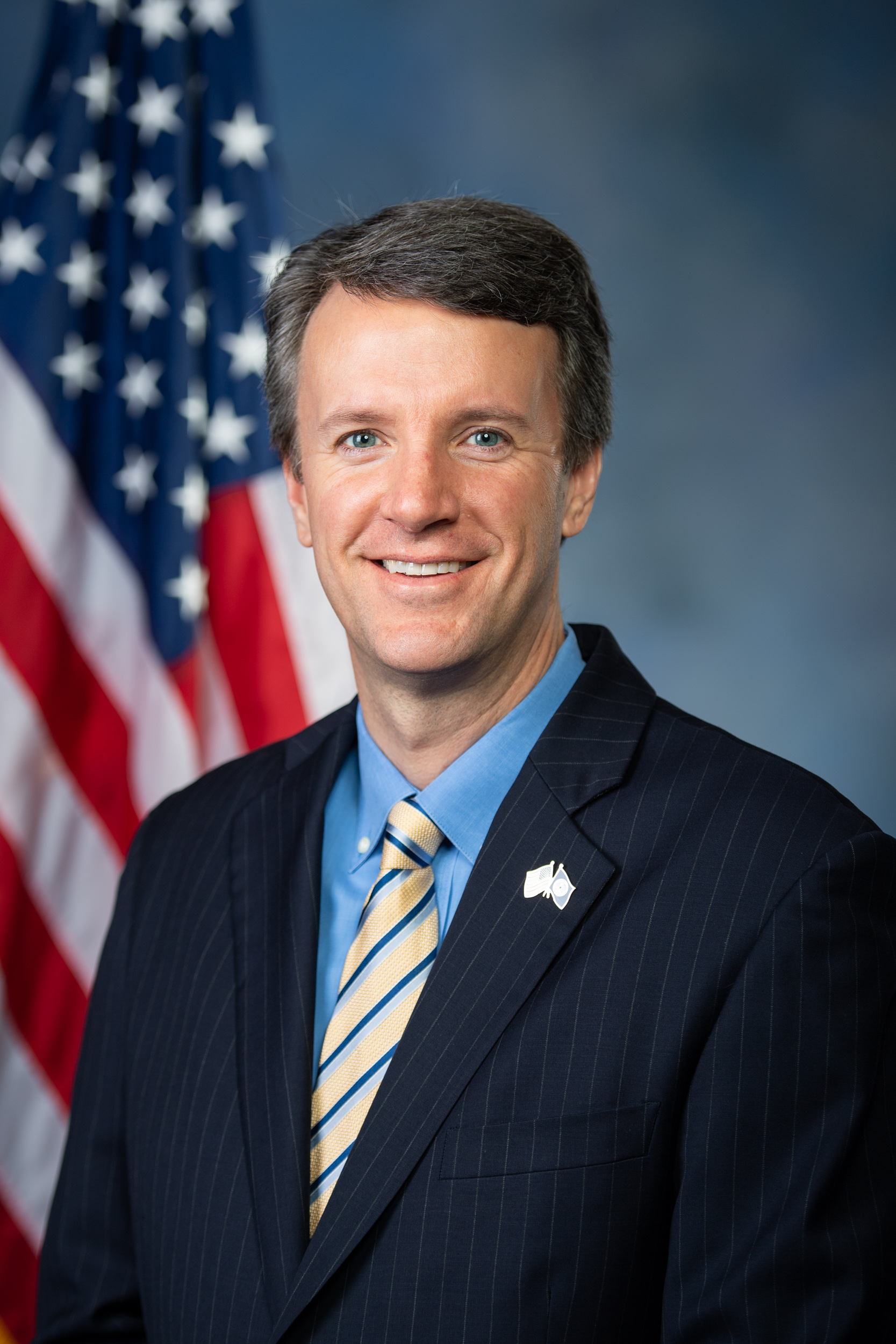

Ben Cline (R-VA)
Ben Cline is a freshman member of the U.S. House of Representatives. In the 116th Congress, he serves on the House Committees on Education and Labor, and the Judiciary. He also is a member of the Congressional Independent Colleges Caucus.
Universities in Rep. Cline's district include:
Virginia by the Numbers
Q&A with Rep. Cline
Coming to Congress to represent the Sixth Congressional District of Virginia, I knew one of my policy focuses would be on education, particularly higher education, because I have the honor of representing over 20 institutions of higher education in Virginia. I also knew that I wanted to find areas on which I could reach across the aisle to work in a bipartisan manner, so this caucus is an excellent fit for me. I look forward to continuing to work with NAICU and fellow caucus members to empower independent colleges and universities across America.
Over half of the higher education institutions in my Congressional District are private, nonprofit, so their contributions are great in impact. These institutions play an invaluable role in preparing students to successfully enter the workforce and contribute to society. In addition to the opportunities they offer the students that attend them, many of these private colleges are some of the largest employers in their communities, and they help keep those areas economically successful.
Some great examples of private school innovation in my district includes Sweet Briar College’s agriculture initiative and Mary Baldwin’s Virginia Women’s Institute for Leadership (VWIL). At Sweet Briar, they highlight the college’s foundation and roots in farming by increasing opportunities for students to be more engaged with agriculture through a 20-hive apiary, vineyards, a wildflower meadow, and a greenhouse on grounds. VWIL is taking the lead as the nation’s only womens cadet corps, which focuses on giving cadets the opportunity and resources to become successful leaders. I am proud of these schools and look forward to continuing to see the positive developments of these opportunities.
In my role on the Committee on Education and Labor’s Subcommittee on Higher Education and Workforce Investment, I continue to look for ways in which we can return much of the power of choice and the freedom to innovate back to the schools and students by rolling back regulations and mandates. I also am continuously looking for ways to increase transparency in the higher education realm. I believe that students and educators can and should make the best decisions for themselves, but they need accurate information in order to do this. During the Committee’s markup on the Higher Education Act last November, I offered an amendment that would have increased transparency by creating accountability through adjusting Cohort Default Rates to be reported at the programmatic level instead of leaving it at current institutional level. This would have made more accurate and telling information available to students on programs within institutions from information that the Department of Education already has, so the result is increased transparency without increased reporting requirements from institutions of higher education.
I attended a private college for my undergraduate studies, and the experience allowed me to enjoy small class sizes, the opportunities to try new subjects, and the sense of community that helps students grow and learn.
Testimonials
William C. Dudley, Ph.D.
"Rep. Ben Cline has shown a willingness to listen when we have shared our concerns about the most pressing issues, especially on critical matters of cost and access. Because he represents a district with a dozen independent colleges and universities, Rep. Cline recognizes that the success of these institutions is integral to the growth and prosperity of the communities in his district."
- William C. Dudley, Ph.D.
President, Washington and Lee University
Reed N. Wilcox
"We at Southern Virginia University so appreciate the very thoughtful and skilled interest Congressman Ben Cline has shown in helping to further our mission as a four-year, faith-based, independent, liberal arts university. We are particularly appreciative of his dedicated and insightful guidance and advocacy as he has helped us to navigate the uncertain waters of some of the federal agencies whose policies affect the success of Southern Virginia University and the lives of our students. We are most grateful for his kind help!"
- Reed N. Wilcox
President, Southern Virginia University
Kenneth R. Garren, Ph.D.
"During my more than five decades in higher education, I must say that Rep. Ben Cline is one of the most accessible individuals I have ever met. During the last two times visiting in Washington, he left his Congressional committee meetings to meet with me and talk about the important issues in higher education. He is also one of the best listeners, and then he follows up with what he hears at the local level and makes certain that his fellow committee members hear the same messages about what is important regarding federal support for our worthy and needy students. Rep. Cline continues in the strong tradition of now retired Rep. Bob Goodlatte."
- Kenneth R. Garren, Ph.D.
Former President, University of Lynchburg
Robert Lambeth
“Private colleges are an integral part of the economic and higher education landscape in Virginia, and Congressman Cline’s district boasts one of the largest arrays of private institutions of any congressional district in the country. He is a graduate of two outstanding private colleges and has a personal knowledge of the important role private colleges play in our system of higher education.”
- Robert Lambeth
President, Council of Independent Colleges in Virginia

